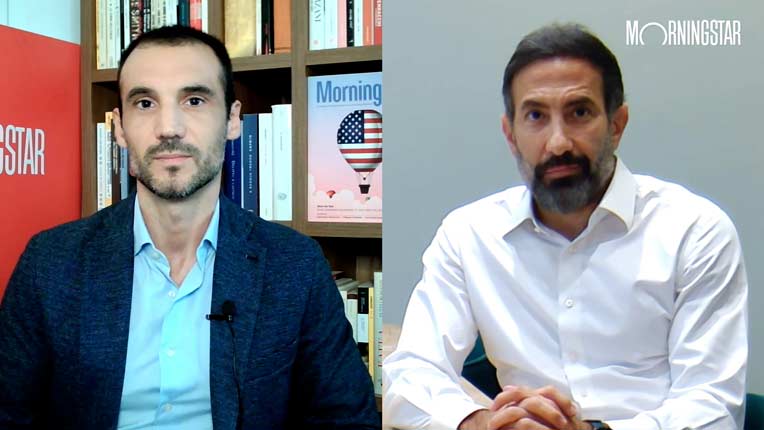
All regions across the globe have been hit hard by the coronavirus pandemic, and India is no exception. However, some fund managers insist there are big opportunities for certain sectors in the country once the Covid-19 crisis abates.
Supply Chain Disruption
India displays many of the characteritics that make investing in emerging markets so appealing including strong economic growth, a young population and increasing wealth.
Ramesh Mantri, manager of the Ashoka India Equity Trust (AIE), says a major turning point was the election of its prime minster Narendra Modi, who has introduced sweeping reforms, helping to incentivise the creation of new businesses. Many of these have the potential to upset the supply chain as manufacturers look to diversify the production of their products away from China. It's a trend that has been further intensified by the pandemic.
“While China is losing momentum, India is gaining it,” Mantri says. In this space, he likes Dixon Technologies (DIXON), India’s largest electronic manufacturing company.
“India is emerging as the second largest smartphone manufacturer and large electronic companies such as Apple (AAPL) are moving their operations to the country,’" adds Mantri. "This trend has exploded in the last two years; it has grown by 20 times.”
The trust, which was launched in 2018, is down 10.11% over the past year, some seven percentage points behind its category average.
IT & Telecoms
The pandemic has accelerated some secular trends and two sectors in India – IT and telecoms - have particularly benefitted from this. There has been a sharp increase in people working from home and businesses relying heavily on tech-based services including cloud storage, video conferencing and automation. Mantri explains: “Given the move to remote working, our holdings in telecoms stocks have seen a significant uptick.”
His portfolio maintains a significant exposure to the sector and he owns Bharti Airtel (BHARTIARTL), which is one of India’s leading telecoms operators. It is a New Delhi-based company that operates in 18 countries across South Asia, Africa and the Channel Islands.
Meanwhile, Sukumar Rajah, manager of the Bronze-rated Franklin India Fund, likes Tata Consultancy Services (TCS) and Infosys (INFY), which account 3.8% and 6.5% of its assets respectively, both making it to the top 10 holdings.
TCS is the largest Indian company by market capitalisation, while Bangalore-headquartered Infosys is a global leader in next-generation digital services and consulting, enabling clients in 46 countries to navigate their digital transformation.
The Franklin India fund has produced annualised returns of 4% over five years, one percentage point behind its category average, but Morningstar analyst Samuel Meakin rates Rajah’s 28 years of investment experience. “We are convinced of Rajah’s expertise on the Indian market and of his ability to lead the Indian equity team to continue producing strong results,” he says.
Pharmaceuticals
Pharma companies remain a key driver for India, as was the case before the coronavirus outbreak. “Much like IT, India is a global powerhouse in the generic pharmaceuticals sector, and could emerge as a key manufacturing base for a potential Covid-19 vaccine,” says Mantri.
He likes Mumbai-based Ipca Laboratories (IPCALAB), one of the world’s largest producers of Hydroxychloroquine, a medication used to prevent and treat malaria. Another favourite in the sector is Cipla (CIPLA), which develops a range of medicines to conditions including arthritis, diabetes and depression.
Rajah, meanwhile, likes pharma giant Dr Reddy’s Laboratories (RDY) and Narayana Hrudayalaya (NH), a chain of multi-speciality hospitals, heart centres, and primary care facilities with its headquarters in Bengaluru, India.
Of course, the Indian stock market is not immune to Covid-19 crisis and, at such times of uncertainty, picking the winners is more important than ever for fund managers: “I believe that, although there are testing times for the Indian economy ahead, once the dust settles the strong businesses will emerge stronger, while the weaker businesses could suffer disproportionately,” says Mantri.




























